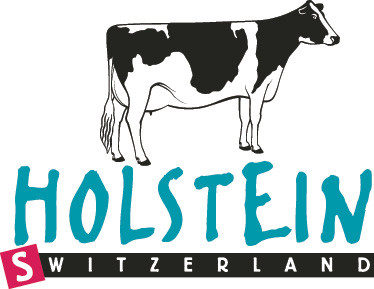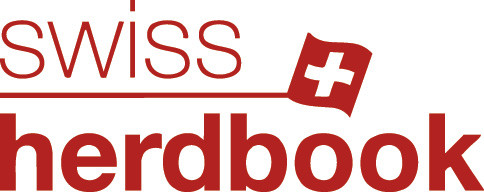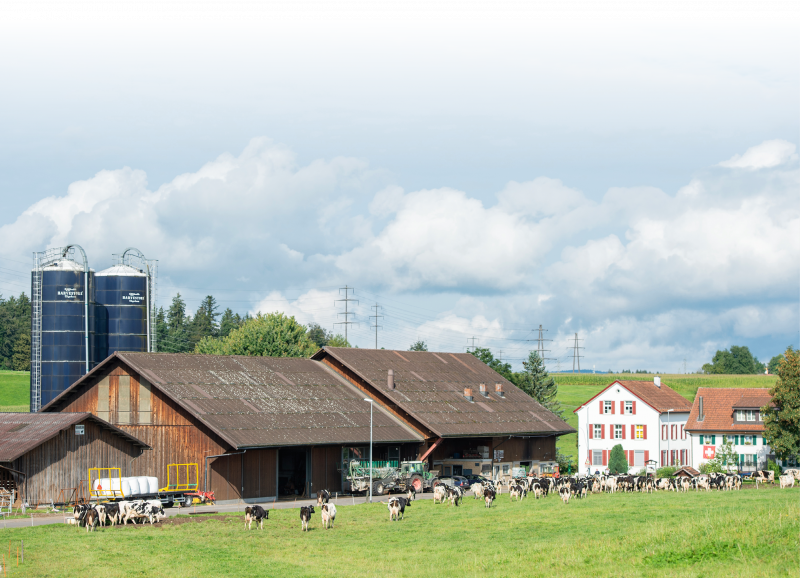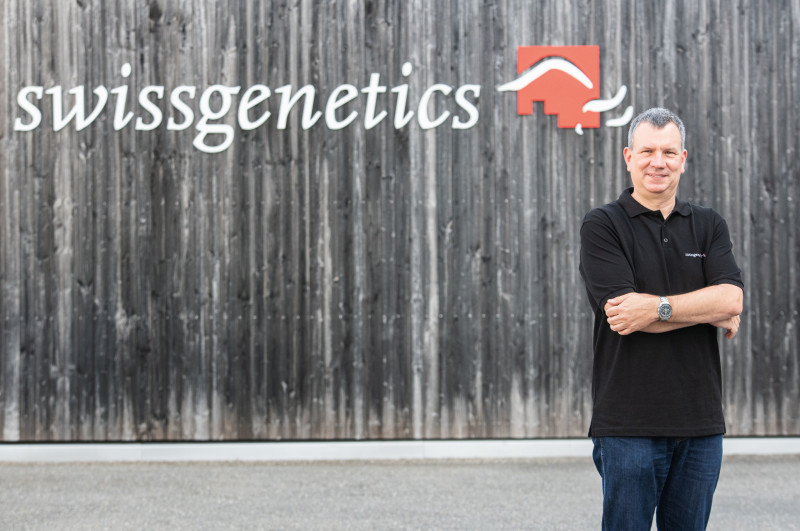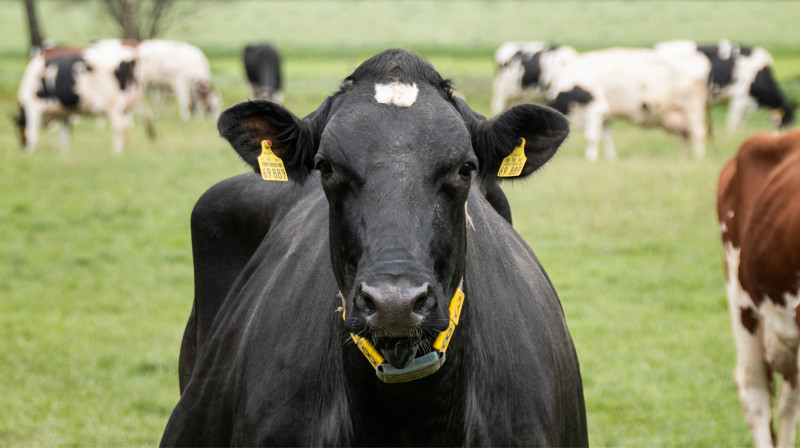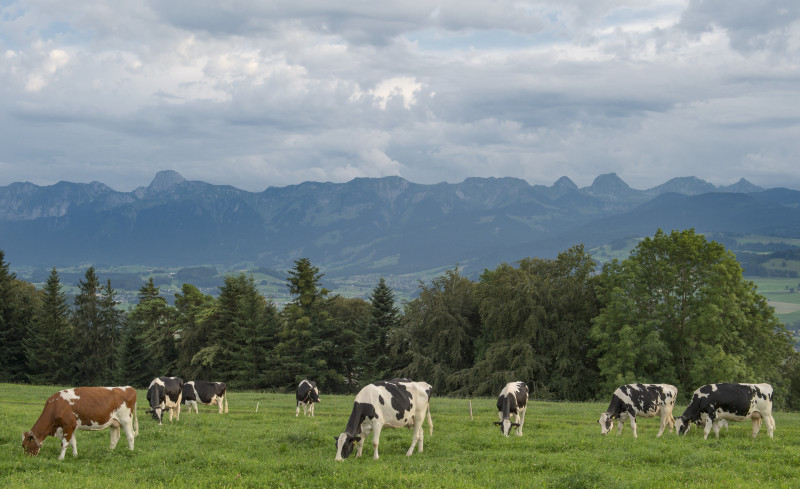
Holstein Switzerland and Swissherdbook pay special attention to the image of dairy production, for example through communication initiatives. The most recent effort of the two Swiss breeding associations is the production of a short documentary film about the methane cycle and its recovery, which will be based on the lectures presented in Switzerland by Prof. Dr. Frank Mitloehner of Davis University in California (USA).
M. Geinoz & A. Barenco
Cows are often presented as the source of many climate problems due to their methane emissions. To introduce a scientific perspective to the conversation, Prof. Dr. Frank Mitloehner, the well-known German scientist from the Animal Science department at Davis University in California (USA), gave two lectures in Switzerland in April 2022, one at the day for animal science at the HAFL in Zollikofen and another at a public event in Grangeneuve. He also presented his lecture as a guest speaker at the delegate assembly of Holstein Switzerland.
Based on his scientific works, the climate specialist explains that cows are not climate killers. He showed that while the greenhouse gas effect of methane is 28 times bigger than that of CO2, methane is not nearly as harmful to the environment as it is only responsible for 18% of the greenhouse gas effects, compared to 56% for CO2. Furthermore, its half-life is 12 years, while that of CO2 is 1,000 years! Prof Mitloehner underlined that the effect of methane on climate warming must be rethought as it is substantially overestimated, this by a factor of 3 to 4. This was also shown by a recently published study from Oxford University (GB).
Prof. Mitloehner further explained the cycle of carbon emitted by cattle. It is particularly short, as the gas is bound by photosynthesis in plants. This carbon is regenerated and does not contribute to CO2 accumulation in the atmosphere, in contrast to carbon emitted from the burning of fossil fuels. As such, efficient cattle breeding is a solution to the emissions problem.
With that, it cannot be forgotten that food production is the main purpose of agriculture and that the worldwide population continues to increase. In the USA for example, the dairy cow population has decreased by almost two thirds since 1950, while milk production has increased by 60%, which showed Prof. Mitloehner that the carbon footprint of a glass of milk is three times smaller today than it was 70 years ago! This is possible thanks to particularly efficient cows – the Holstein cow! The reduction of greenhouse gases per kg of milk is based on improved fertility, genetic progress, optimized feeding and health programs. These are the exact strengths of Holstein breeders!
At the conclusion of his presentations, Prof. Mitloehner stressed how important efficiency is in animal production. Holstein cows are not at all climate killers, but rather contribute to the carbon cycle through consumption of feed, in which carbon was bound through photosynthesis, to release carbon in the form of methane while producing a high quality and nutritious food. Those are important positive points with respect to the current questions regarding food production and environmental protection!
